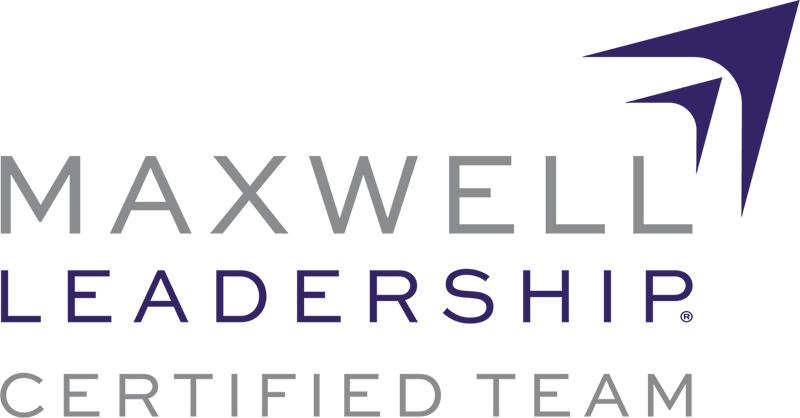Seven Lessons I Learned When I Sent My Ducks to Eagle School
In “Leadership Gold” John Maxwell warns against taking ducks to eagle school. This warning advises against setting high expectations for employees who are satisfied with status quo performance. Oh, how I wish I had heeded his advice!
Several years ago I made the mistake of taking a team of ducks to eagle school. It was one of the most difficult leadership experiences of my career, and cost me my stellar reputation I had worked so hard to obtain.
It was only by learning and applying the hard lessons of that event that I was able to rebuild my team and reputation to their former high levels. My goal is to teach you those lessons so you can be warned and avoid my mistakes.
The Duck Pond
For a number of years I managed great teams of high performers, but any good leader knows they are going to periodically need to rebuild. That’s what I was faced with when my eagles flew to higher ground.
Unfortunately I put this fact on the back burner when my “A Team” and I were on our roll. When the team began to split up I was ill prepared to reconstruct it, and made some serious errors in judgment.
Duck season began when I made the mistake of hiring three of them. One quacked during the interview, but I hired her because I settled for “good enough”. The two others looked and talked like eagles, but were wearing duck suits underneath their eagle clothes.
Eagle School
After pouring my heart into these ducks for several years and experiencing reasonable results, I put my foot on the gas and let them know I was expecting more. At this point their productivity began to decline. They simply did not have the fire in their bellies to become high performers.
Eventually I replaced all of these folks, but it took much too long. I took my ducks to eagle school but allowed them to get away with a “B” performance when I was really demanding an “A” from them.
Here is what I learned from this experience:
Lessons From and About Ducks
1. Begin the recruiting process long before you need to
a. Understand each position that reports to you and what is required to do an outstanding job. Get outside opinions. Ask your clients what they need from each position.
b. Tie clear expectations to performance evaluations.
c. Develop milestones and benchmarks to assess progress.
d. Create your vision for the evolution of your organization, including the possible elimination of some positions and creation of new ones.
2. Hire the absolute best person you can for each position – Don’t settle and don’t hire out of desperation.
3. Don’t tolerate excuses – Repeated instances of missed deadlines, poor work quality, or customer service complaints means you have performance issues.
4. Don’t tolerate a lack of creativity or initiative – Every job can be done better.
5. Insist on growth for each employee and track it – Don’t take growth plans and learning objectives lightly. Incorporate them into your expectations. If someone refuses to grow you have a problem.
6. Never be afraid to terminate anybody – You can’t turn ducks into eagles, so don’t try. Cut your losses. As John Maxwell says, “You’re not that good, and neither are they”.
7. Take pride in your team and reputation – Strive for excellence at all times. Your team’s performance reflects on you. Picking the right people to implement your vision while helping them achieve theirs is the most important thing you can do.
About the Author
 Scott McClymonds is a Featured writer for the John Maxwell Team Blog.
Scott McClymonds is a Featured writer for the John Maxwell Team Blog.
He helps his clients create sellable businesses that are great places to work and pillars in their communities.
Whether you plan to sell or pass your business on, it has to be able to operate without you.
To achieve this level of excellence you must develop strong leaders and processes in your business, and that’s what a partnership with him will do for you.
Contact Scott at http://www.johncmaxwellgroup.com/scottmcclymonds/

We’ll said! Thank you fir sharing.